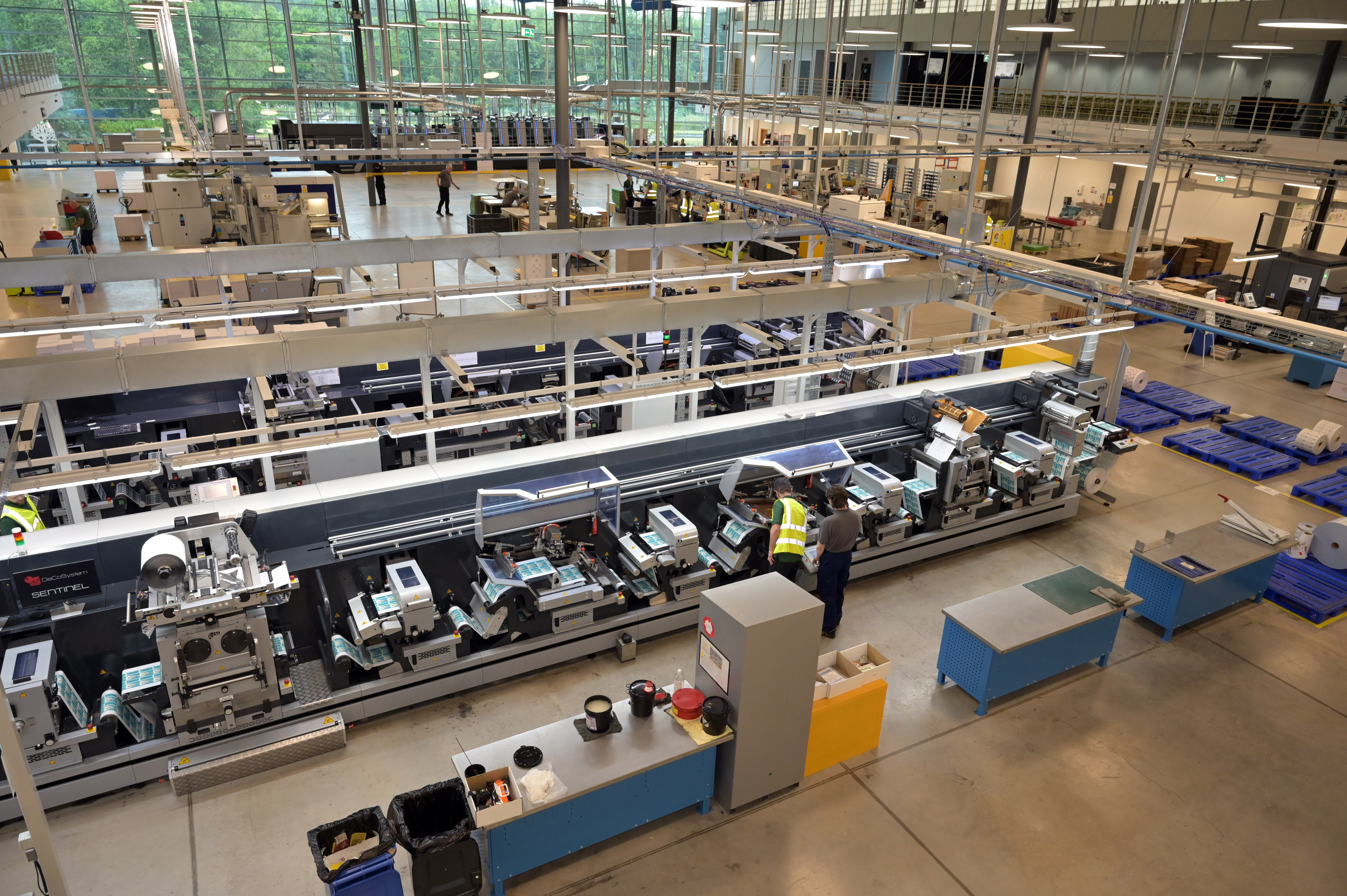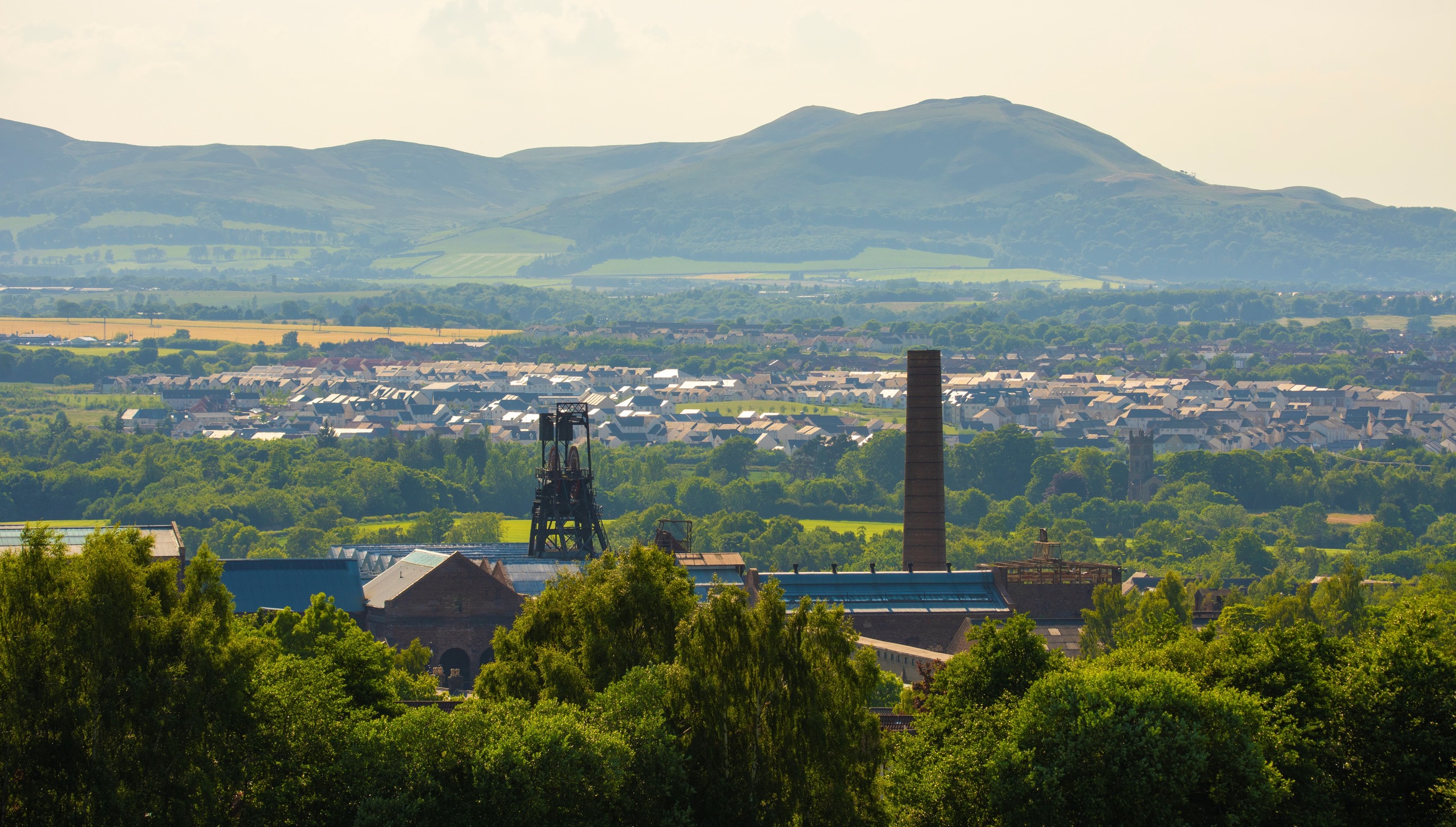Knowledge generates value, and it is the key to solving societal problems and overcoming global challenges. It is one of the most important resources in our society, and it will become even more important in the future. In everything that it does, the University of Bern feels its obligation to bring about benefits for science, society and the economy by promoting knowledge. It primarily seeks fundamental insights but also addresses application-oriented questions. It contributes to the attractiveness and well-being of the Canton of Bern, the region around the capital, and the other surrounding regions. The University of Bern is also a reliable and open partner of business and promotes innovation transfer.
Founded in 1834, the University of Bern offers a broad choice of programs across eight faculties for over 18,000 students from 140 countries. The University of Bern also hosts international research platforms, National Centers of Competence in Research (NCCR) and trans- and interdisciplinary programs. In 2017 the University of Bern was admitted to The Guild, a network which comprises 19 of Europe’s most distinguished research-intensive universities.
The University of Bern is a leader and in fact a pioneer in a number of research fields, and has had an impact on the history of science. During the first moon landing in 1969, Edwin E. Aldrin unfurled the solar wind sail from the University of Bern even before the American flag. Since then, space research in Bern has further expanded its internationally recognized leadership. It still continues to regularly supply research instruments and experimental results to NASA and ESA missions. The Swiss National Science Foundation also awarded the University of Bern the NCCR PlanetS, which it manages together with the University of Geneva.
The University of Bern also conducts – with an international focus – high-quality disciplinary, interdisciplinary, and trans-disciplinary research and teaching in the area of sustainability. Through its centers of excellence Oeschger Center for Climate Change Research OCCR, Center for Development and Environment CDE, and World Trade Institute WTI, the university makes important contributions to research on climate change, to clarification of the effects of global change on natural resources and human life, and to the sustainable regulation of international trade. With the Wyss Academy for Nature, a globally leading research and implementation center in the field of nature and people is being set up at the University of Bern. The entrepreneur and patron, Hansjörg Wyss, the President of the Government of the Canton of Bern, Christoph Ammann, and the Rector of the University of Bern, Christian Leumann, ceremoniously signed the contract on December 13, 2019. Over the next 10 years, over $200 million are going to be invested.
In medicine and dentistry, the University, together with the University Hospital Inselspital, constitutes an internationally recognized center of excellence. With sitem-insel, the University of Bern is investing in a public private partnership with the canton, the Inselspital and partners from the medical technology and pharmaceutical industry in order to strengthen the translation of research results into application. In membrane biology, the innovative NCCR TransCure seeks novel therapies and drugs. Moreover, Bernese medical technology research, with the interdisciplinary ARTORG Center for Biomedical Engineering Research, focuses on computer-assisted surgery and on artificial organs.
In all its work, whether in research or teaching, the University of Bern is committed to striving for excellence. It is future-oriented and focuses on the social relevance of its activities – in the sense of its vision: knowledge generates value.

























